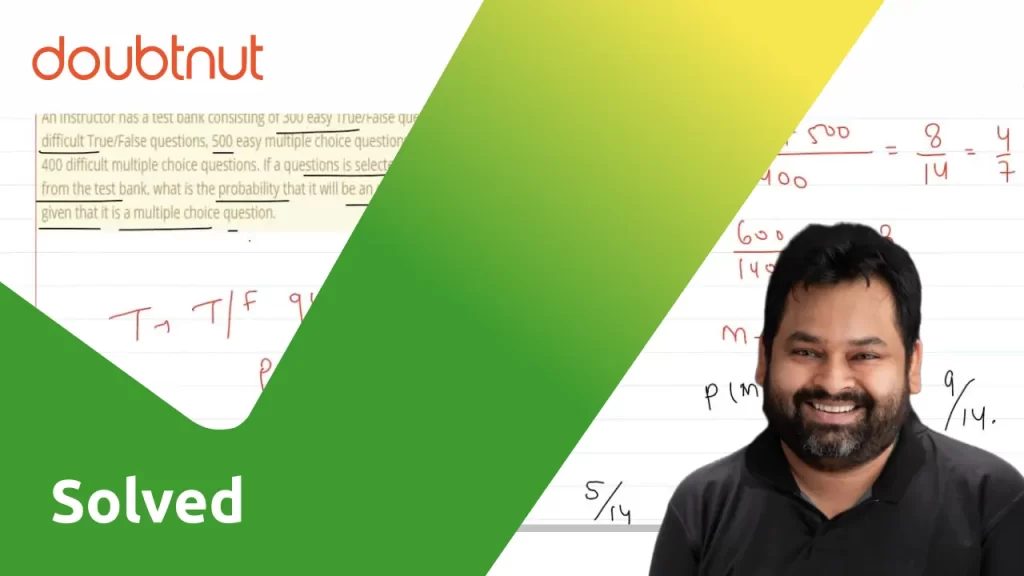Bank exams are known for their challenging nature, particularly when tackling difficult questions. These questions often become the make-or-break points for many candidates, for example – the notorious Blood Relation Questions. Understanding how to approach them, with strategies including using resources like previous year’s question papers, can significantly enhance your performance in the exam. So, this post will help you with this task.
Recognizing Difficult Questions
The first step in handling tough questions is to recognize them. These are often the questions that consume more time than usual or those that you are unsure about. Identifying them early on helps in managing your time efficiently throughout the exam.
Preparation Is Key
A thorough preparation is the most effective strategy to tackle difficult questions. This involves a deep understanding of the concepts, regular practice, and familiarization with various types of questions, which can be achieved by reviewing the previous year’s question papers.
Time Management Skills
Effective time management is crucial for these exams. So, allocate time to each question and be disciplined about it. If you spend too much time on a difficult question, it’s wise to move on and return to it later if time permits.
Approach with Logic and Reasoning
Difficult questions often require more than theoretical knowledge; they require logical thinking and reasoning. Hence, approach these questions calmly, breaking them down into smaller parts to find a logical solution. This approach is particularly effective for Blood Relation Questions, where analyzing relationships and constructing family trees based on the given information can simplify the problem. Understanding the underlying patterns and applying deductive reasoning can make these seemingly complex questions much more manageable.
Elimination Technique
In multiple-choice questions, the process of elimination can be a powerful tool. By eliminating the obviously incorrect options first, you can increase your chances of arriving at the right answer, even if you’re not entirely sure.
Use of Shortcuts and Tricks
Developing shortcuts and tricks can save valuable time in the exam. However, it is vital to use them judiciously and ensure they maintain the accuracy of your answers.
Practice with Mock Tests
Regular practice with mock tests, including those that replicate the difficulty level of the exam, is essential. This will help enhance your problem-solving skills and confidence in handling tough questions.
Analyzing Previous Year’s Papers
Going through the previous year’s question papers provides insight into the pattern of difficult questions. It helps you understand the nature of these questions and how they have evolved over the years.
Staying Calm and Composed
A calm and composed demeanor is essential when attending an exam. Stress and anxiety can cloud your judgment, making it harder to tackle difficult questions effectively. Practicing relaxation techniques like deep breathing or positive visualization before and during the exam can help maintain a clear and focused mind, enhancing your ability to approach tough questions rationally.
Seeking Clarity in Instructions
Sometimes, the difficulty lies in not understanding the question correctly, so read the instructions carefully. A clear understanding of what is being asked can sometimes make the question much easier.
Learning From Mistakes
Use your practice sessions to learn from your mistakes. Analyze why you got a question wrong and what you could have done differently. This reflection is vital in improving your approach to difficult questions.
Conclusion
Handling difficult questions in the bank exams, like Blood Relation Questions, requires strategic preparation, effective time management, logical thinking, and mental resilience. By incorporating these strategies into your preparation, such as regularly practicing with the previous year’s question papers, you can turn these challenging questions into opportunities to score higher. Nevertheless, every difficult question you conquer will take you one step closer to achieving your goal.

